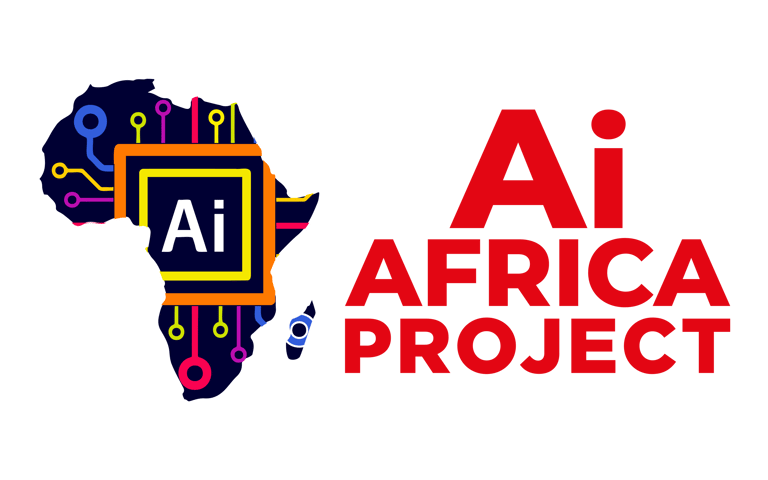Research Case 4: Livestock Farming
We enhance food security, employment, and income through innovative livestock farming practices, addressing challenges for better productivity across Africa's diverse agricultural landscape.


1. Sector Description
Livestock farming contributes substantially to food security, employment, and income generation in Africa. It encompasses cattle, goats, sheep, pigs, and poultry for meat, milk, eggs, hides, and wool. Livestock accounts for approximately 30–40% of agricultural GDP in many African countries, with rising demand due to population growth and urbanization (FAO, 2023). However, challenges such as disease outbreaks, low feed efficiency, limited breeding data, and market volatility continue to constrain sector performance.
2. Countries with Significant Resources
Cattle: Sudan, Ethiopia, Nigeria, South Africa, Kenya, Chad.
Goats and Sheep: Somalia, Mali, Niger, Tanzania, Uganda.
Poultry: Ghana, Nigeria, South Africa, Egypt, Rwanda.
Dairy production: Kenya, Uganda, Morocco, Ethiopia.
3. AiAfrica Research Focus and AI Applications
The AiAfrica Livestock Farming Lab is leveraging AI to transform animal husbandry, disease control, and supply chain optimization. Key areas of research and application include:
AI-based Disease Surveillance Systems that use real-time data from IoT sensors, camera feeds, and veterinary logs to detect early signs of foot-and-mouth disease, avian flu, brucellosis, and mastitis.
Genetic Improvement Models trained on local breed data to recommend optimal mating patterns for improving milk yield, disease resistance, and meat quality.
AI Feed Optimization Tools that help balance nutrient inputs using region-specific feed composition data, enhancing animal growth rates and minimizing waste.
Livestock Traceability Platforms combining AI and blockchain for verifying origin, vaccination history, and age profiling of animals during trade.
The lab is currently piloting initiatives with dairy cooperatives in Kenya, poultry associations in Ghana and Nigeria, and pastoralist networks in the Sahel.
4. Proof of Value and Potential Impact
In Kenya, the AI-powered “CowHealth” app reduced average response time for mastitis detection by 48 hours, preventing up to 30% in milk losses per cow.
In Northern Nigeria, AI-generated feed mix calculators improved poultry weight gain by 17% while lowering input costs by 12%.
In Ethiopia, a predictive breeding platform increased calving success rates by 18% in selected cattle herds over one season.
Blockchain-integrated AI systems tested in Sudan have provided tamper-proof digital records for livestock transport across state borders, reducing livestock theft and fraud by 40%.
5. Eligibility to Join the Research Lab
Participants eligible for the Livestock Farming Lab must:
Be graduates of the AiAfrica Project with training in Agro-AI, Animal Health Informatics, or AI for Environmental Systems.
Demonstrate relevant experience or academic background in animal science, veterinary medicine, or livestock economics.
Be part of a research team working on innovations in animal disease detection, smart feeding systems, or genetic improvement using AI, with deliverables that include a field-deployable prototype or research publication.
Join the Team : https://chat.whatsapp.com/BDCozak2iDLDpRgMndsRT6
Livestock Farming
Contributing to food security and income generation in Africa.


Cattle Resources
Countries like Sudan, Ethiopia, and Nigeria have significant cattle resources.


Goat Farming
Goat farming is vital for livelihoods in various African nations.
Empowerment
Training youth and women for digital leadership.
CALL / WHATSAPP LINE
+233 559 853 572
© 2025. All rights reserved.
Conclusion: A $6 Trillion Opportunity Powered by AI
A 2023 analysis by the African Development Bank projects that full value chain development across Africa’s natural resource sectors could unlock over $6 trillion in cumulative economic value by 2040. AI will be instrumental in capturing this value through enhanced productivity, precision forecasting, climate resilience, and knowledge transfer.
The AiAfrica Project provides a unique opportunity to position African researchers and innovators at the forefront of this revolution. By establishing dedicated research labs, training centers, and AI deployment strategies across the 50 sectors, Africa can not only leverage its natural wealth but also secure its rightful place in the Fourth and Fifth Industrial Revolutions.
